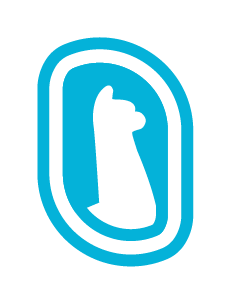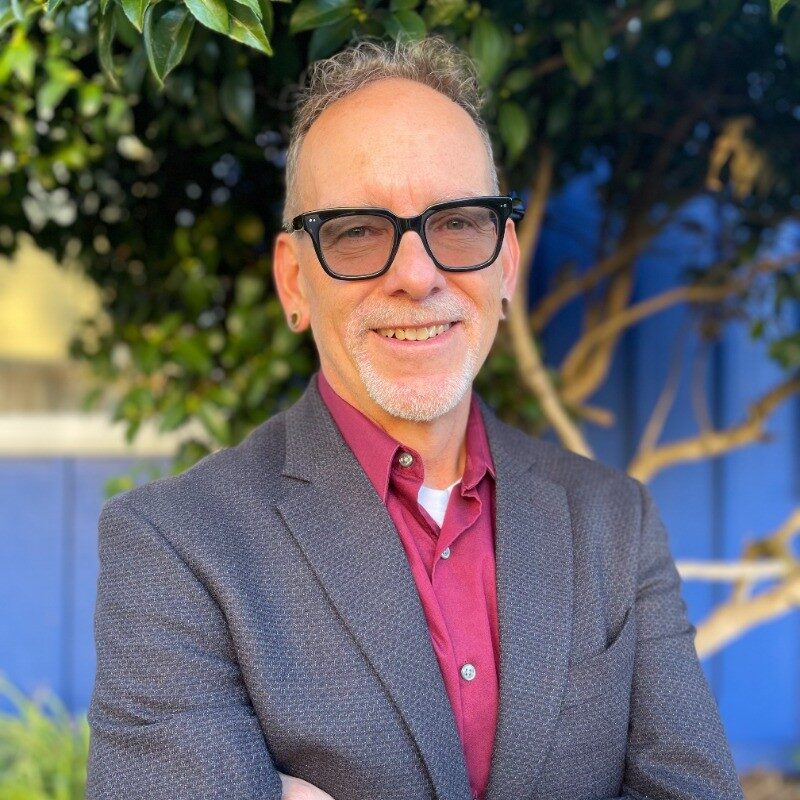
For Teams, Leaders, & Frontline Humans
Mental Health & Suicide Prevention Training
This is not a presentation. It’s a facilitated, thoughtful training session designed to help people better understand mental health and suicide—not as a topic, but as a real part of the world we work in and live in.
Built on the QPR framework and your lived, trained experience, this session offers more than awareness. It helps participants recognize what matters, say what’s hard to say, and respond in ways that are both human and healthy.

What the Training Covers
This session always adapts to the team in the room, but the structure centers around five core areas:
- Understanding Stigma: We start by addressing the unspoken. How stigma shapes the way we talk (or don’t talk) about mental health, struggle, and suicide. We create space for honest reflection—without judgment or jargon.
- Recognizing Warning Signs: We walk through real indicators: behavioral clues, shifts in language, mood, habits, and energy that suggest someone may be struggling. Not clinical checklists—just patterns people miss until it’s too late.
- Having the Conversation:
How do you ask hard questions? How do you make space without trying to fix? This section offers language and posture that helps—not rehearsed scripts, but grounded, situational tools you can use right away. - Knowing the Next Step:
When someone opens up, what then? We clarify the role you can play (and the ones you can’t), how to hand off appropriately, what support looks like in different contexts, and how to avoid panic or freeze. - Boundaries That Help Everyone:
Supporting others doesn’t mean burning yourself out. We finish with healthy boundaries, the mindset behind them, and real examples of how to stay grounded while being present. We also cover what a safety plan looks like—what it is, when to talk about it, and what’s appropriate in your role.


For Teams, Leaders, & Frontline Humans
Built on Experience
This training was developed by Paule Patterson III—a certified QPR trainer with years of experience in recovery, pastoral care, suicide prevention, and systems coaching.
Every session is rooted in a mix of professional training, personal insight, and practical wisdom—delivered with honesty, clarity, and care. And while we currently base the training on the QPR model, we’ve adapted it to fit the language and challenges of teams that work closely with the public, with youth, or in emotionally demanding roles.
CASE STUDY: A Single-Page Website...
Got Alex Customers in Missoula.
"My single-page website has given me more clients and leads in just a few months and brings in walk-ins now. The process was personal and results clear."
Alex Bounds, The Nail Witchery – Missoula, MT








